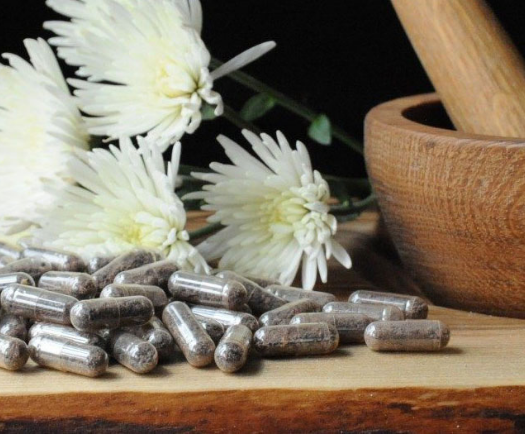Placenta Encapsulation
Why Placenta Encapsulation?
Consuming one’s placenta following birth has a rich history. Many people believe consuming your placenta can lower the chance of postpartum depression, improve hormonal balance and boost breastmilk supply.
If you’re interested in placenta encapsulation, you would ideally pre-book your placenta encapsulation while still pregnant. Early booking ensures room in the calendar. However, this is not always necessary so please contact us.
How are my capsules prepared?
- Your placenta will be prepared by a specialist who has been trained and certified by Placenta Benefits (PBI).
- All encapsulations take place in a dedicated work room & workspace, to Health and Safety in Food Hygiene standards, using medical grade cleaning & sterilizing agents.
- The placenta is steamed with herbs (added to the water only) according to Traditional Chinese Medicine (TCM) recipes.
- The placenta is dried.
- The dried placenta is ground into a powder and put into an empty vegetable capsules.
What will I receive after my placenta is encapsulated?
- The average placenta makes about 200 capsules. The capsules will be beautifully packaged for you.
- You will also be left with instructions for consumption.

The Benefits of Placenta Encapsulation
While there is very little scientific research around consuming placenta, there are heaps of anecdotal reports of decreased postpartum depression; increased levels of energy; and an increase in milk supply.
Also, ingesting placenta has been found to create hormonal balance with iron and minerals. This practice is common in other cultures outside North America and has a long, rich history.
As a birth doula, my practice involves very strict professional considerations when encapsulating a placenta. I have a certification in placenta encapsulation and hold a continuous updated certifications in Food safe and Bloodborne pathogens. I encapsulate using the practice of Traditional Chinese Medicine. The placenta is cleaned, steamed with herbs and is dehydrated, ground and inserted into capsules. There are directions on the label.
Research:
“The first scientific study of human maternal placentophagia was conducted in 1917, in which the increase in protein and lactose in the milk of lactating women who consumed their dry placenta stood out More recently, the first consistent reports of human placentophagia originated from North America in the 1970s and spread out among women living in industrialized cities, leading to a trend for an increase in consumption of the placenta, whether raw, steeped in liquid, steamed, cooked, dehydrated, processed and encapsulated, or as a tea. There are reports of human placentophagia in North America, assuming potential health benefits for mothers and their offspring. In women, the controversy continues; on the one hand, researchers attribute benefits like increased breast milk, weight gain in newborns, decreased postpartum depression and fatigue, and improved mothers’ mood. In contrast, bacterial or viral infections, hormonal, or trace elements that could become toxic for both the mother and baby are reported as possible health risks.There is no scientific research regarding the beneficial effects of human placentophagia, and available information is mostly hearsay. Also, the way the placenta is prepared (raw, cooked, dehydrated, processed, or encapsulated) alters its components, and thus the desired effects.”
Source https://www.mdpi.com/journal/animals
“Kathleen made the encapsulation process easy by picking up my placenta at the hospital and gave me a beautiful bottle with my placenta. I felt so good when I was taking the capsules. I was worried about postpartum depression but I didn’t have that and had energy to care for my baby. I will absolutely do this again next time! Thank you Kathleen”
-Emma
Reserve Your Placenta Encapsulation
Price: $255
Please select your due date and I will follow up with you.
Contact admin@allbirth.com if you have any questions, I am happy to help.